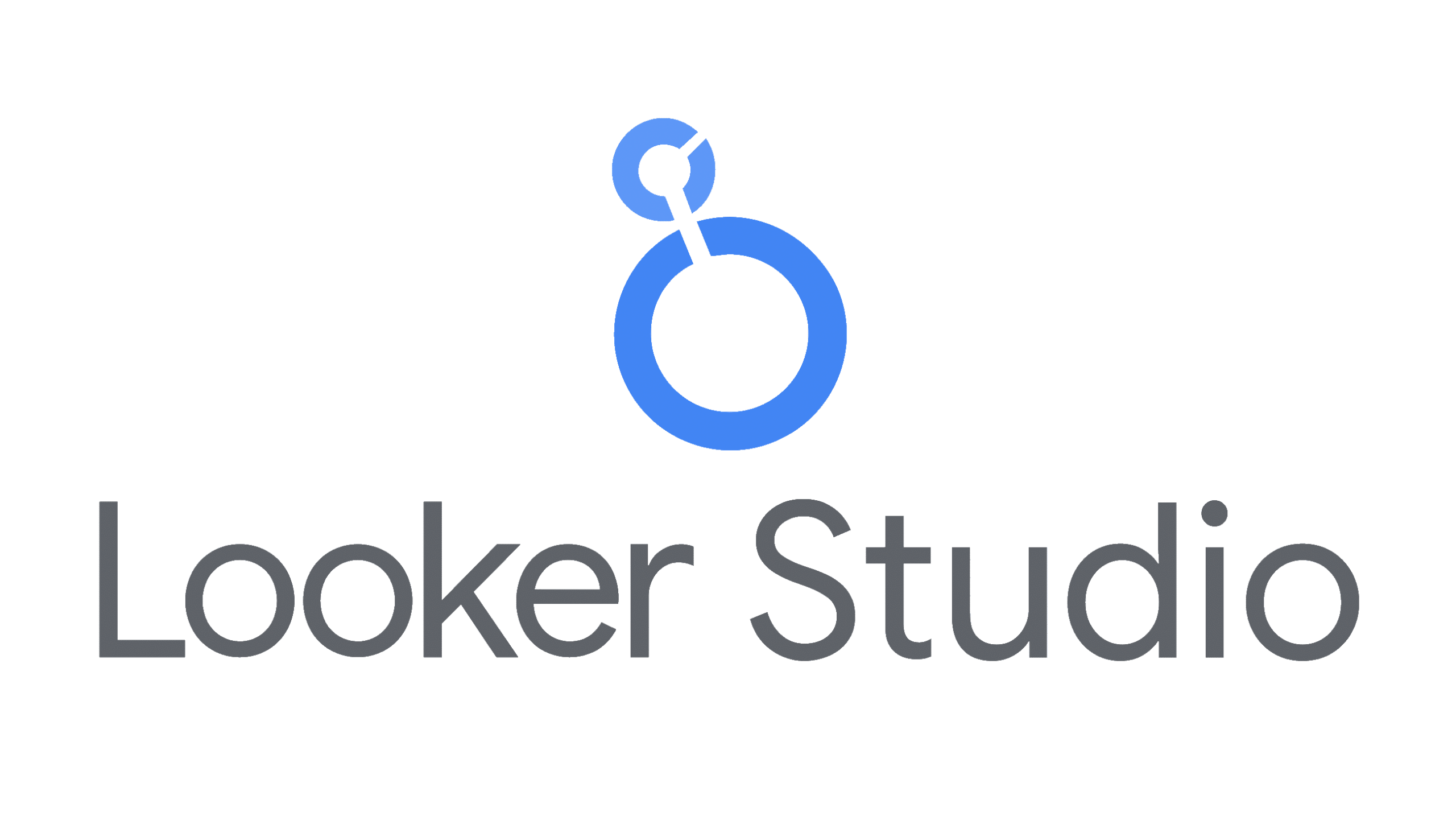Discover how to transform your digital marketing using Business Intelligence and harness the power of data to meet the challenges of today's businesses.
How has marketing evolved?
Marketing is becoming increasingly digital and data-driven. Marketing organisations are expected to do more with less – a difficult task because marketers are often not trained to use the tools at their disposal in a way that has real impact.
Among the problems highlighted in a recent McKinsey report: 81% of companies do not have an integrated marketing technology stack capable of delivering personalised experiences across all channels; 76% of companies do not operate successfully in rapid iterations or follow a formal agile process; 67% of marketing directors say they are overwhelmed by the amount of data available.
💡Related articles:
What BI tools are available for marketing?
One of the most impactful solutions to the above problems is to use the many BI tools currently available. Marketing, in whatever form, is all about delivering results and reporting on them. The more effective your reporting, the easier it is to keep your marketing strategy on track. When stakeholders have access to real-time data and analysis about campaigns and metrics, it creates a transparency that eases the tension of budget and performance discussions.
Here are some of the most commonly used tools:
Power BI: developed by Microsoft, is a versatile data visualisation and reporting tool. It enables you to aggregate, analyse and visualise marketing data from a variety of sources. Power BI offers an intuitive interface and advanced features for creating interactive dashboards and customised reports.

Google Analytics: a free tool offered by Google that enables you to collect and analyse data on the traffic and performance of your website. It provides detailed information on traffic sources, conversions, user behaviour and much more. Google Analytics provides predefined reports as well as customisation and goal tracking features.

Looker: a Google Cloud-based BI platform offering advanced features for data analysis and visualisation. Looker also offers self-service data exploration and collaboration options.

Looker Studio (formerly Google Data Studio): a reporting and data visualisation tool also offered by Google. It allows you to import data from different sources, including Google Analytics, Google Ads, social networks, etc., to create interactive and personalised reports.

Tableau: another popular BI tool that offers a user-friendly interface and report-sharing capabilities, but is generally considered to be a more expensive tool in terms of licensing, particularly for large-scale deployments.
How to use Power BI for marketing
Gartner defines business intelligence platforms as those that “enable organisations to build BI applications by providing capabilities in three categories: analysis, such as online analytical processing (OLAP); information delivery, such as reports and dashboards; and platform integration, such as BI metadata management and a development environment.”
Power BI is one of the market leaders in powerful analytical tools and one of the most comprehensive in providing solutions to a wide range of digital business problems.
Here are just a few examples of how Power BI can simplify the day-to-day tasks of a marketing specialist:
- Data aggregation : One of the main benefits of Power BI is the ability to combine marketing data from different sources in one place. Instead of manually combining, for example, ad spend and conversion rates from all your social media marketing channels, Power BI allows you to aggregate all the metrics from LinkedIn, Facebook, Instagram, etc. in one place. You can even add other channels such as Google AdWords, organic metrics or data from your CRM.
- Interactive visualisations: Power BI offers advanced visualisation tools that allow you to create attractive, interactive dashboards. This allows you to present your marketing data in a clear and understandable way, making it easier to communicate results and insights to teams and stakeholders.
- In-depth analysis: you can carry out in-depth analysis of your marketing data, as well as exploring trends and identifying factors in the success or failure of campaigns. This enables you to make informed, data-driven decisions to optimise marketing strategies.
- Report automation: Power BI can automate the creation of reports, saving you valuable time. You can schedule regular report updates and share them with team members or customers, ensuring consistent and timely delivery of key information.
- Report sharing: this tool offers various options for distributing your marketing reports. It is possible to share them with other users while maintaining the same level of security: access can be granted according to their status and need.
Another option is to publish reports on the Power BI cloud service. This allows you to create a dedicated space where your employees or customers can access the reports at any time, from any device connected to the Internet.
You can also integrate your Power BI reports into other applications or platforms, such as SharePoint, Teams or your own website.
Finally, you can even schedule reports to be sent by email to your teams or customers without them having to connect to Power BI.
💡Related articles:
Here is an example of a marketing dashboard based on open source data:

Conclusion
Digital marketing in 2023 will increasingly focus on digital transformation and data analysis. Companies are faced with the challenge of doing more with less, but marketers are often not sufficiently trained to take full advantage of the tools at their disposal.
The use of BI could improve the level of analysis and efficiency in marketing.
However, adequate training is needed to ensure that new tools and technologies are not under-utilised because the skills needed to use them are limited to a small group of team members.
DataScientest offers a number of training courses to help you acquire the skills you need for digital marketing or to perfect your level of expertise in analysis and BI. Take our Data Analyst course to learn more about marketing analysis tools or our targeted Power BI courses!











